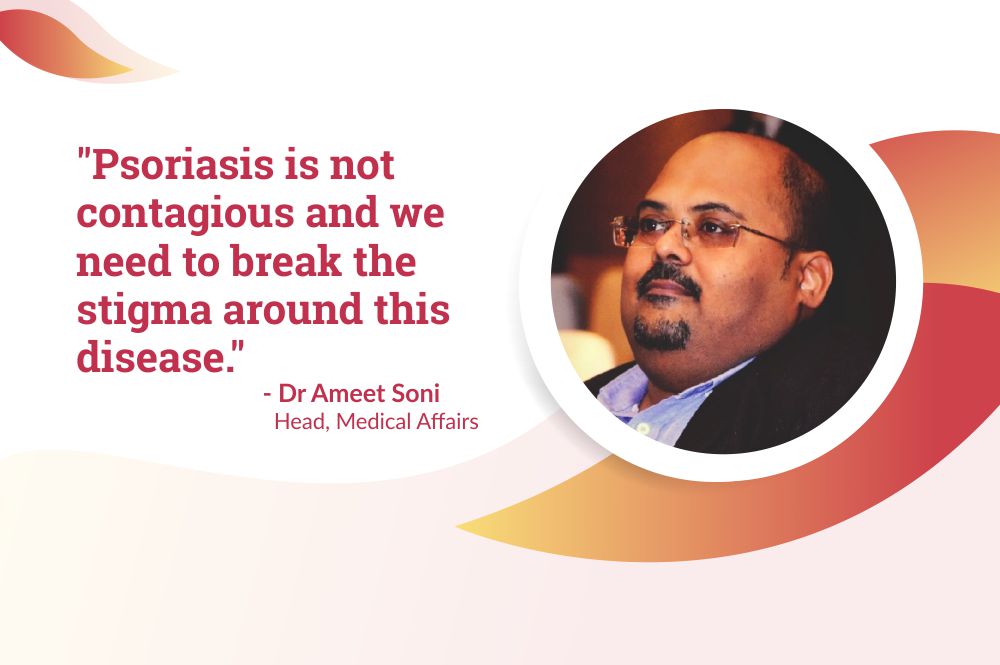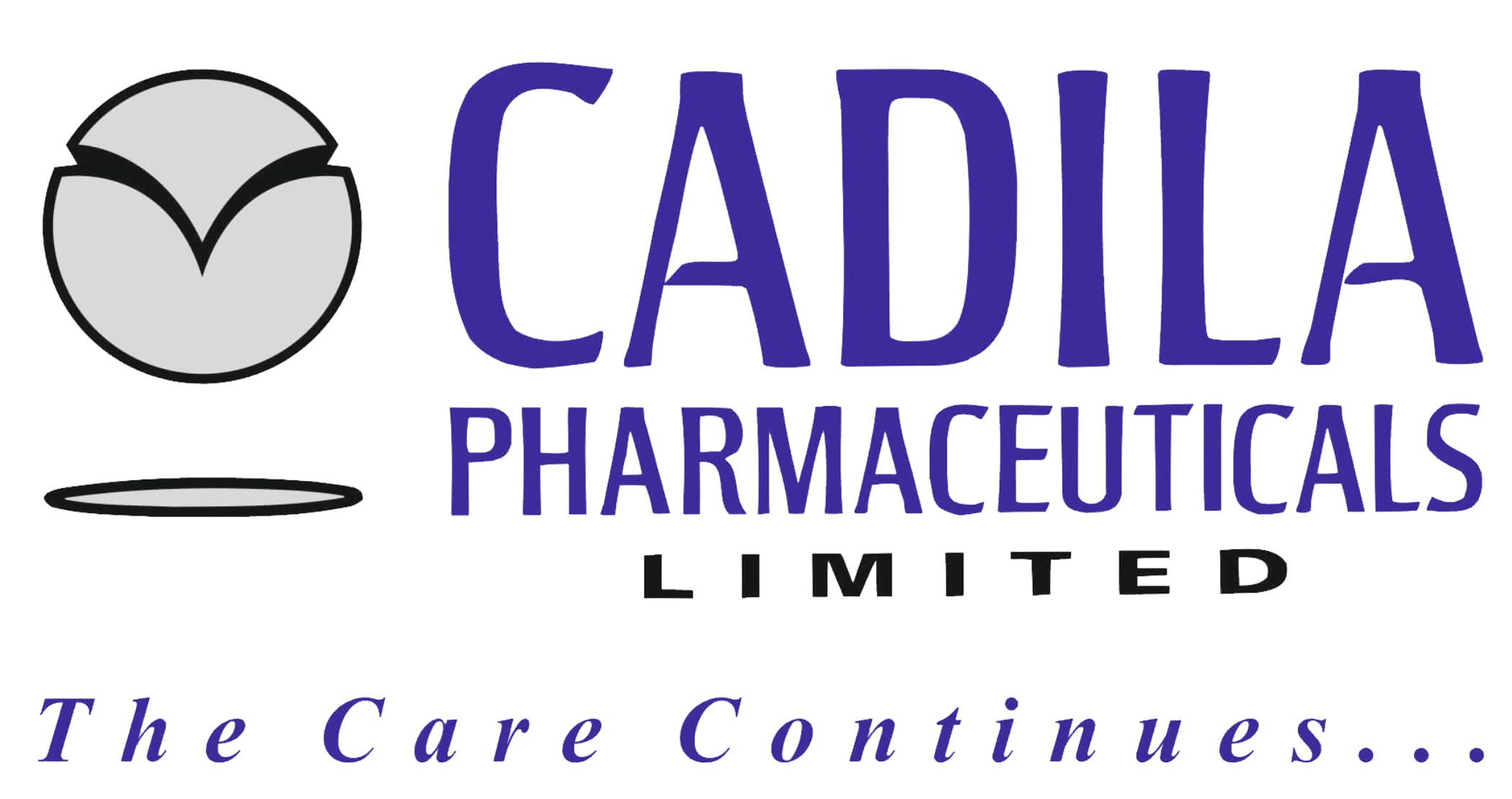

Is Psoriasis contagious? Learn more about Psoriasis and the Treatment for Psoriasis
26th Aug, 2020
In the second edition of our blog series on Psoriasis Awareness Month, we dig deeper into Psoriasis. We talk to Dr Ameet Soni about what are the signs and symptoms of Psoriasis, how can it be treated and most importantly why is it such a stigma around the world.
Prevalence of Psoriasis
“Although the disease is known to have a higher prevalence in the polar regions of the world, its burden in a tropical/subtropical country like India cannot be underestimated.[1] In a diverse country such as India, the prevalence of Psoriasis may vary from region to region due to variable environmental and genetic factors.
Psoriasis can affect anybody. It affects both males and females, adults or children. Although it can develop at any age, Psoriasis most often appears between the ages of 15 and 35, with 10% to 15% being diagnosed before the age of 10. According to the Psoriasis Association, there are two ‘peaks’ from late teens to early 30s and between 50 and 60.[1]
Signs and Symptoms of Psoriasis
Dry, thick, and raised patches on the skin are the most common signs of Psoriasis. These patches are often covered with a silvery-white coating called scale, and they tend to itch. Psoriasis of scalp and psoriasis of skin is quite common amongst the patients. While patches of thickened, dry skin are common, Psoriasis can cause many other signs and symptoms. What you see and feel tends to vary with:
- Type of Psoriasis you have
- Sites where Psoriasis appears on your body
- Severity of Psoriasis
Treatment for Psoriasis
The chronic nature of the disease and the substantial impact it has on a patient’s quality of life necessitates long-term management strategies to achieve Psoriasis free skin.
Dermatologists are the right experts for managing Psoriasis. They assess the clinical condition of patients and prescribe appropriate medications to control the symptoms. Treatment for Psoriasis depends on the type of Psoriasis, the severity of the condition, and what works for the individual.
Is Psoriasis Contagious? – The Stigmas around Psoriasis
People who show signs of this condition face discrimination including people not wanting to date, shake hands or being invited to others’ homes. Clothing choices, activities, social engagement, work, feelings of embarrassment, depression — these are some of the aspects that anyone affected with Psoriasis may have to deal with. But people often forget that Psoriasis is not contagious and cannot be transmitted through touch. The best way to deal with this is by raising awareness.
In order to reduce this stigma, Psoriasis Awareness Month was first celebrated by the National Psoriasis Foundation in 1997. Since then, every year, August is celebrated to disseminate information about the disease and its treatment options, as well as to support those who experience its manifestations.
Psoriasis can be effectively controlled with correct medications. There are multiple biosimilar products like, adalimumab which has proven to be effective in Psoriasis. Patients need to adhere to treatment regimens as advised by their dermatologists to achieve better control of the symptoms. If Psoriasis is not treated effectively and early, the inflammatory process can lead to serious comorbidities, such as increased risk in cardiovascular diseases, arthritis, depression, diabetes, etc.[2] That is why seeking medical advice from the right expert at the right time is crucial to managing Psoriasis. Strict medication, constant support and encouragement can help a patient lead a pleasant life!”
References:

